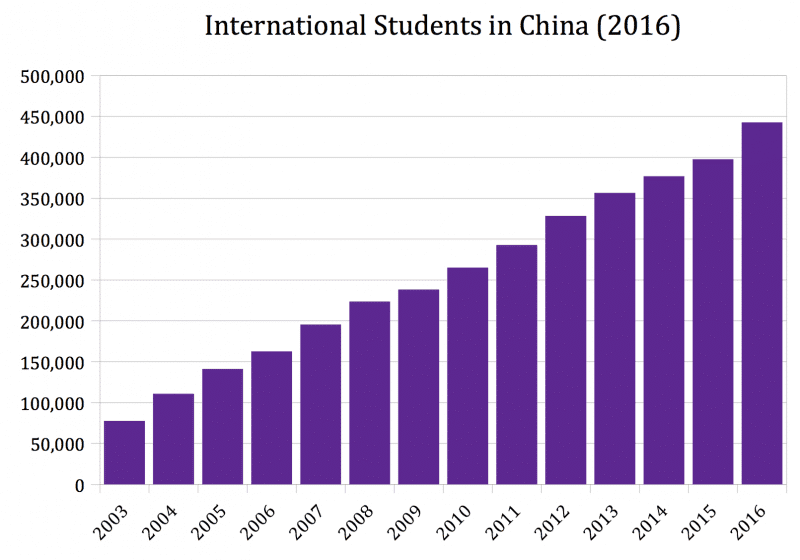Related Articles
Welcoming the Stranger
Presenter: Matthew Soerens, US Director of Church Mobilization, World Relief Description: Refugee and immigration issues have dominated headlines globally recently. While many American Christians view these…
From Unhealthy Dependency To Local Sustainability
Presented by: Jean A. Johnson, Executive Director of Five Stones Global Description: It takes a great amount of intentionality to create a culture of dignity,…
International Students in China: Who Will Reach This Vast and Strategic Yet Invisible Group?
Wearing her hijab, “Mounia” from Yemen heard the gospel and felt the love of God in our international church because of her Rwandan classmate’s invitation and her husband’s permission. Without Arabic or visa for Yemen, instead of flying to Sana’a, we walked two meters to welcome her. From a country with 0.03% evangelicals, could she take the gospel back home?
Identity, Security, and Community
By Dick Brogden Jeddah, KSA. November 2019 Synopsis: God is light and in Him there is no darkness at all (1 John 1:5). It is…
Mapping Church Missions: A Compass for Ministry Strategy
Description: The terrain of church missions is often bewildering. Should we prioritize evangelism or works of service?




